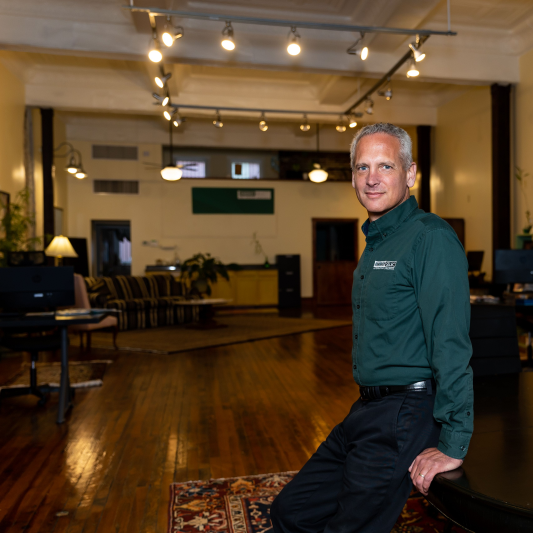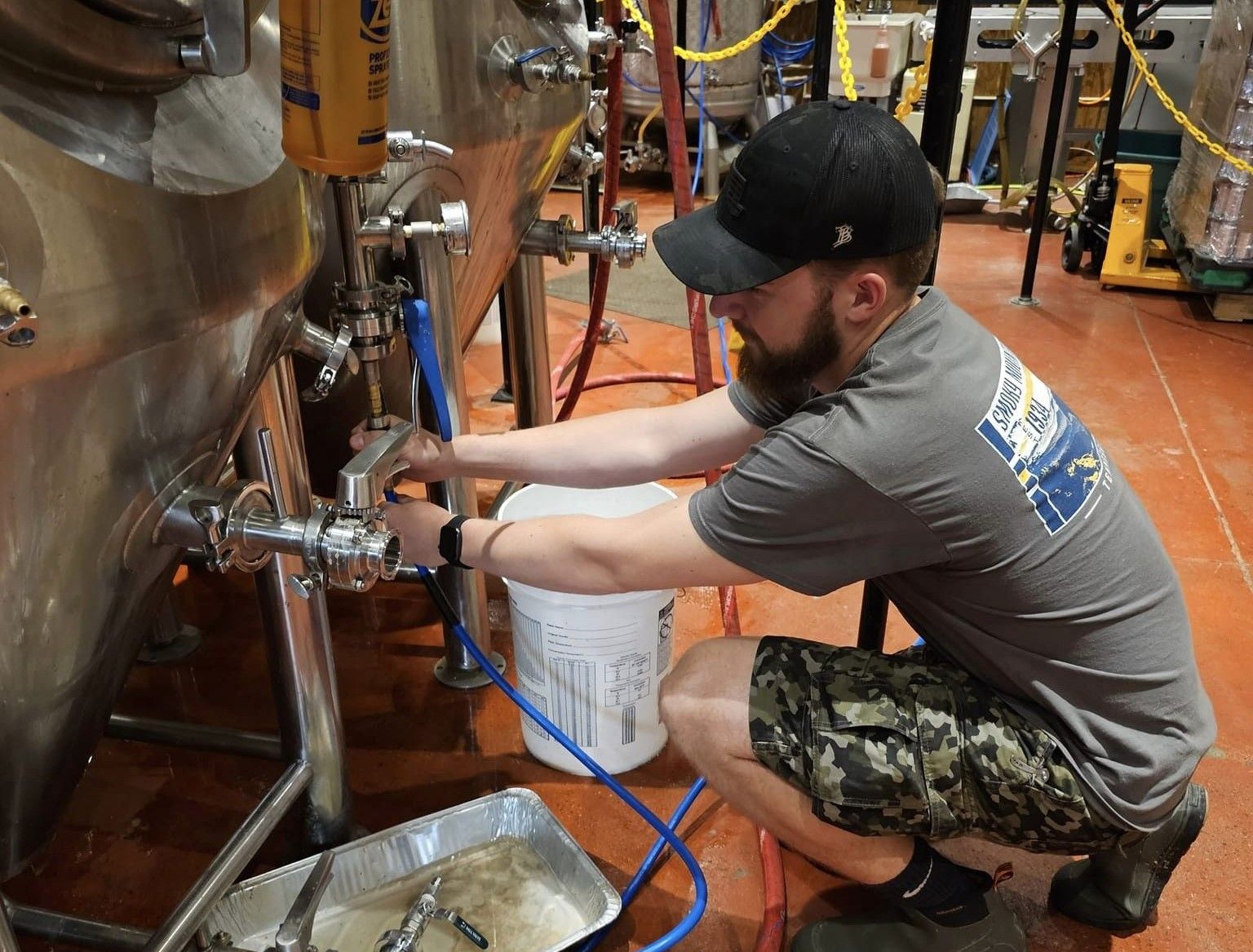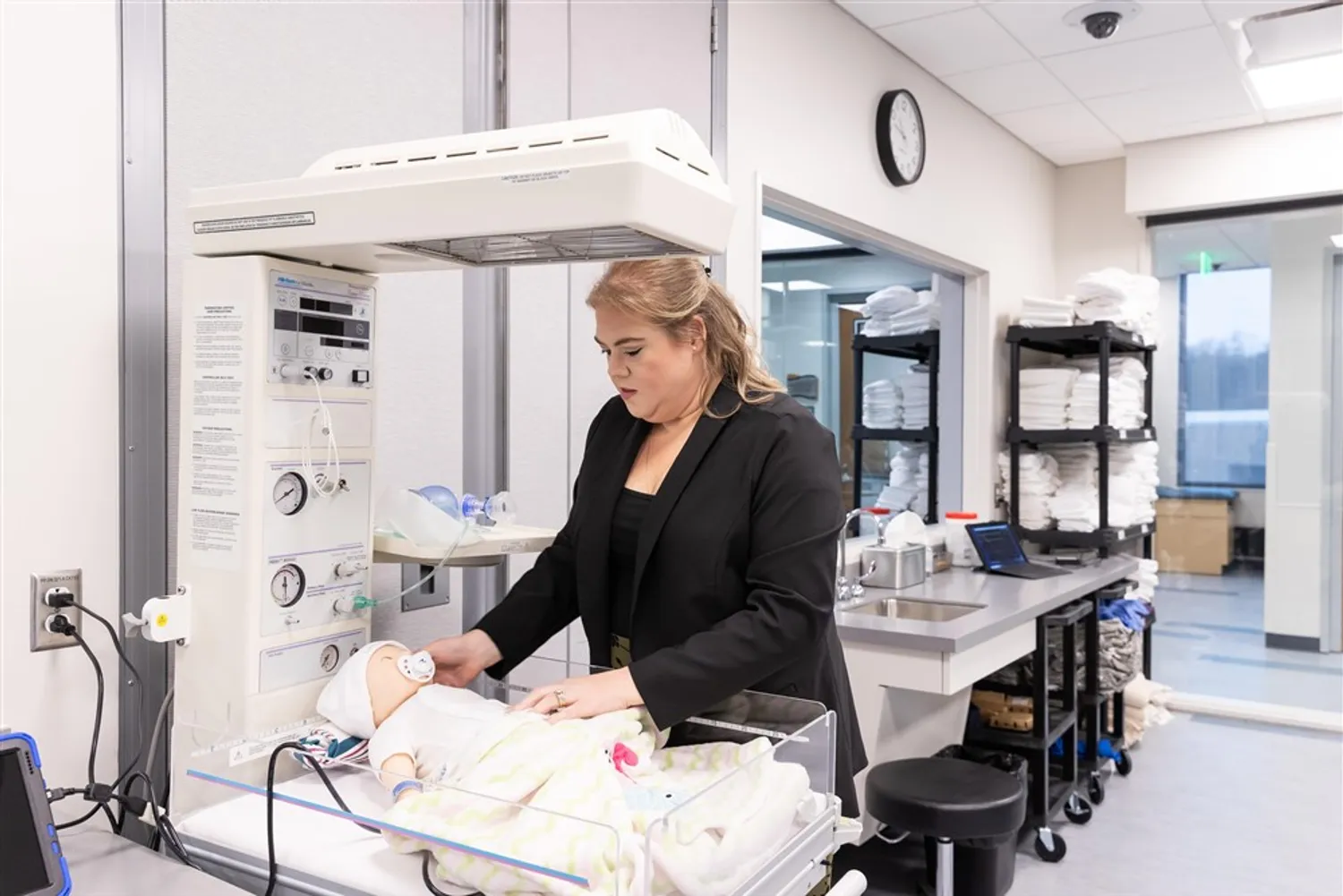
The nursing industry, a cornerstone of public health, has seen unprecedented challenges following COVID-19. Nationwide, the demand for medical professionals, particularly nurses, has surged. In Allegany County, dedicated efforts are being made to cultivate and grow the nursing workforce pipeline, ensuring an ever-ready medical workforce for the region.
The University of Pittsburgh Medical Center (UPMC) Western Maryland, a prominent healthcare institution in Cumberland, hasn't remained untouched by these global concerns. "Yes, we've definitely been impacted by COVID-19 and the national nursing shortage. Nurses were hard to come by for years before that anyway, but the past couple of years have been extreme,” shares Brook Emerick, Recruitment Lead at UPMC.
But there's a silver lining: “However, we are starting to trend downward with the number of nurses that we need. I think a lot of that is due to partnerships with the schools for the graduate nurses,” says Emerick. For UPMC, the local talent pool remains essential, with Emerick noting, "Most of our hires come from the Allegany County area and are from Allegany College of Maryland (ACM) or Frostburg State University (FSU)."
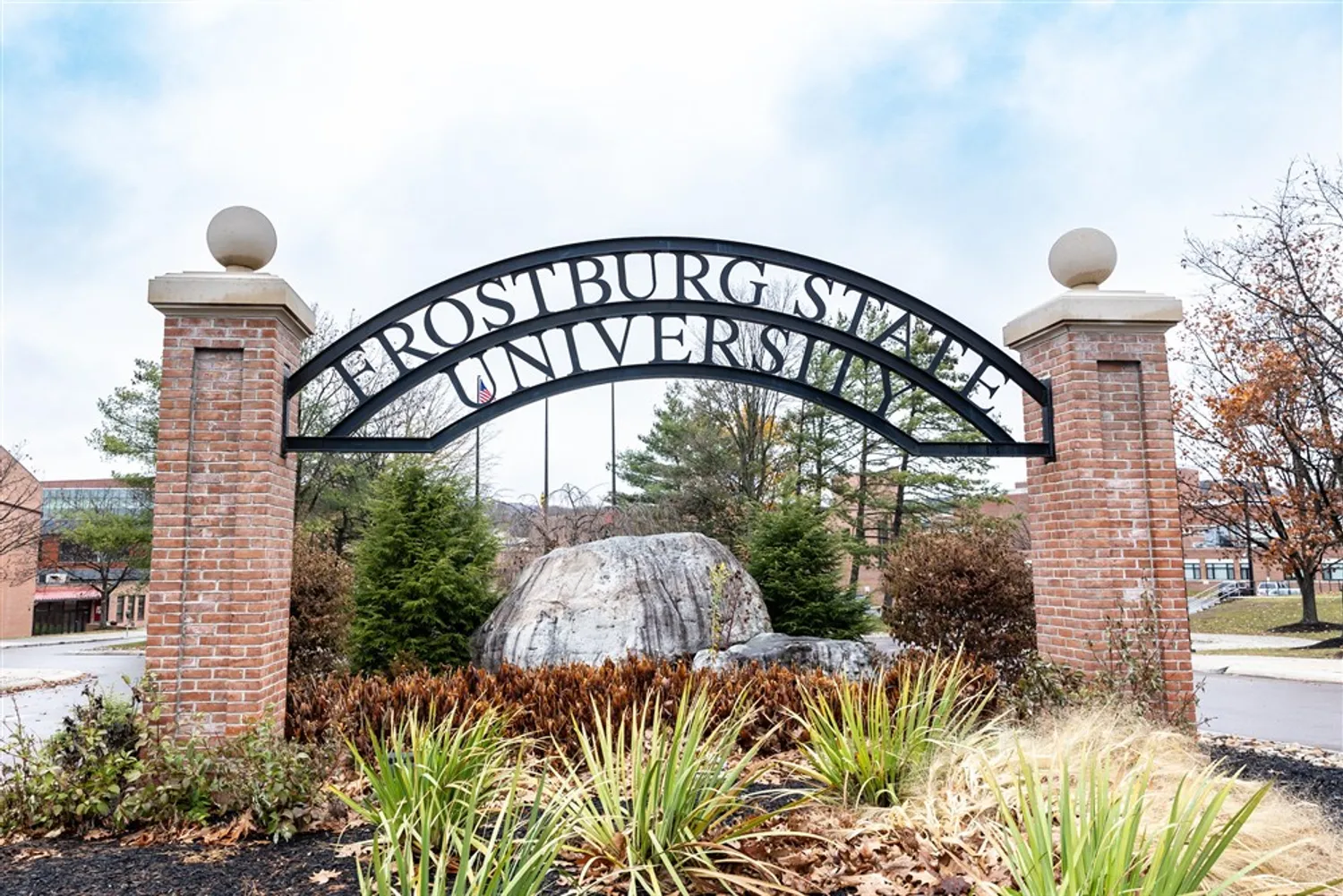
Since its inception in 2009, the FSU Nursing Department has expanded its program offerings to align with the escalating regional demand. Beginning as an RN to BSN program, the program catered primarily to individuals who had previously earned an associate's degree in nursing and were working as registered nurses but aspired to attain a bachelor's degree. Many opt for this transition for diverse reasons: some due to workplace requirements, others for personal and professional growth, or a desire to advance to graduate programs. Since its initial phase in 2009, FSU further extended its offerings with dual enrollment programs. This allowed nursing students from Maryland community colleges to be concurrently enrolled in FSU's RN to BSN program, thus accelerating their path to obtaining a bachelor's degree — a national objective in nursing.
Maryland has actively fostered growth within the nursing sector. The initial push towards the RN to BSN programs arose from hospitals emphasizing the need for nurses to upgrade their qualifications with a bachelor's degree. Subsequently, to address the increasing demands in primary care—particularly in rural regions with a notable scarcity of providers—the emphasis shifted to cultivating nurse practitioners.
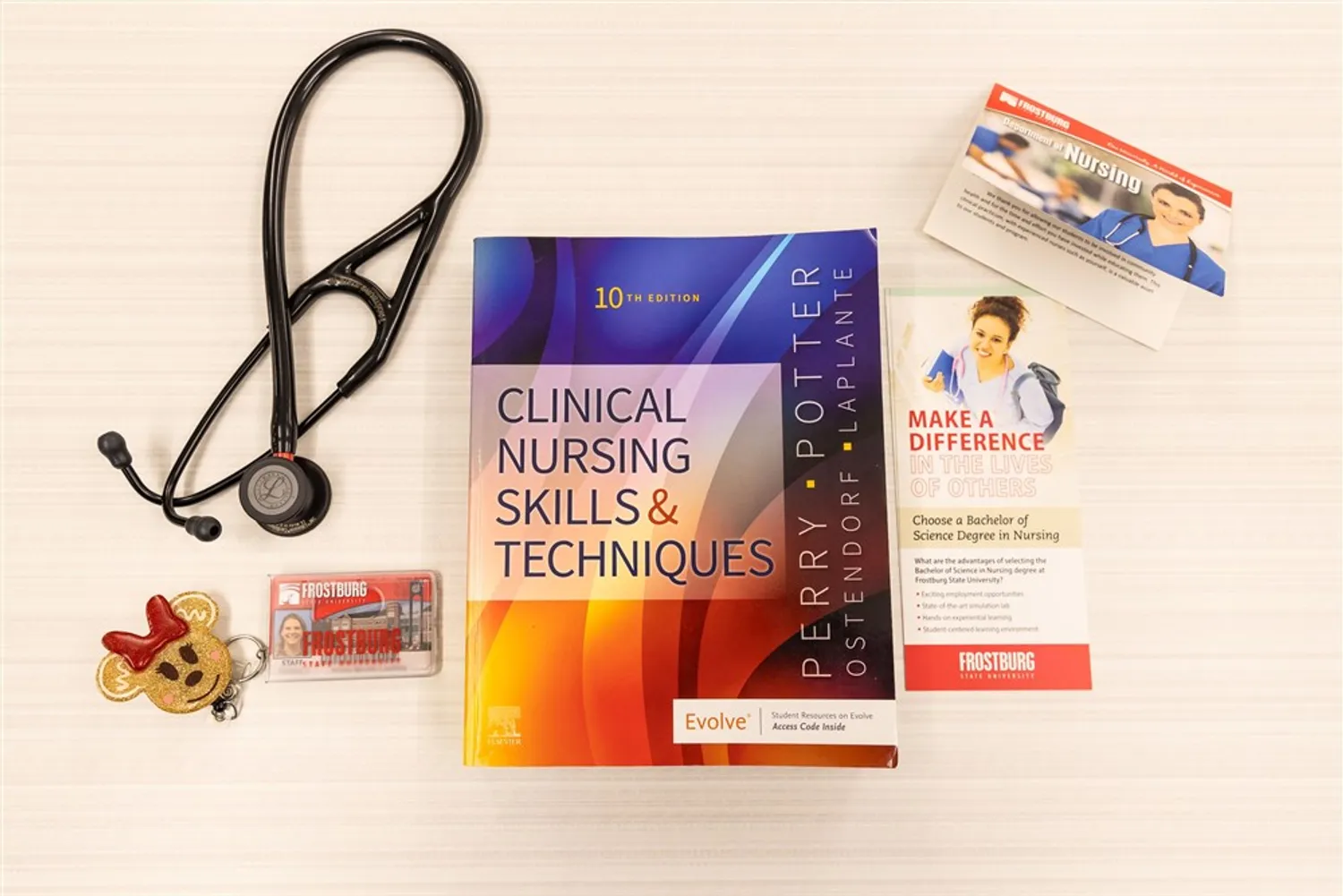
FSU's nursing programs, spanning both undergraduate and graduate levels, are designed with rural communities in mind. They aim to bridge the healthcare void, enhancing access to care and the overall well-being of these communities. This targeted approach is primarily influenced by the state's workforce requirements and the recognized healthcare service gaps.
In response to rising demand, FSU has launched additional nursing programs. Kara Platt, Associate Professor/Chair of the Nursing Department at Frostburg State University, elaborates on their expanded offerings: “Our new programs for this fall include an on-campus Bachelor of Science in Nursing and an online LPN to BSN Program. These programs not only meet the immediate demand but also ensure students enjoy a comprehensive four-year experience at FSU.”
“In the next two years, we expect our enrollment numbers to increase to about 700 students at full capacity.”
FSU currently accommodates approximately 600 nursing students across their undergraduate and graduate programs, and the university has seen a steady increase in nursing student enrollments, with projections showing even larger numbers in the next couple of years. “In the next two years, we expect our enrollment numbers to increase to about 700 students at full capacity,” Platt forecasts. FSU’s nursing programs will be housed at the new Education and Health Sciences Center. This state-of-the-art building is a significant investment for FSU and will pave the way for the growth of the nursing program and other programs in the future.
The university is also ramping up its faculty strength to support this growth, drawing from local medical professionals to deliver specialized classes. Building on historical ties, FSU continues to deepen its collaboration with UPMC. Many faculty members have longstanding affiliations with UPMC, either in the past or currently, cultivating a strong network over the years. Although students from FSU's BSN and graduate programs have always had placements at UPMC, FSU will be sending a full batch of students to engage in hands-on training at an inpatient unit of UPMC Western Maryland for the first time this spring (2024). While this collaboration is in its infancy, the groundwork is actively being laid, with contracts and affiliation agreements underway.
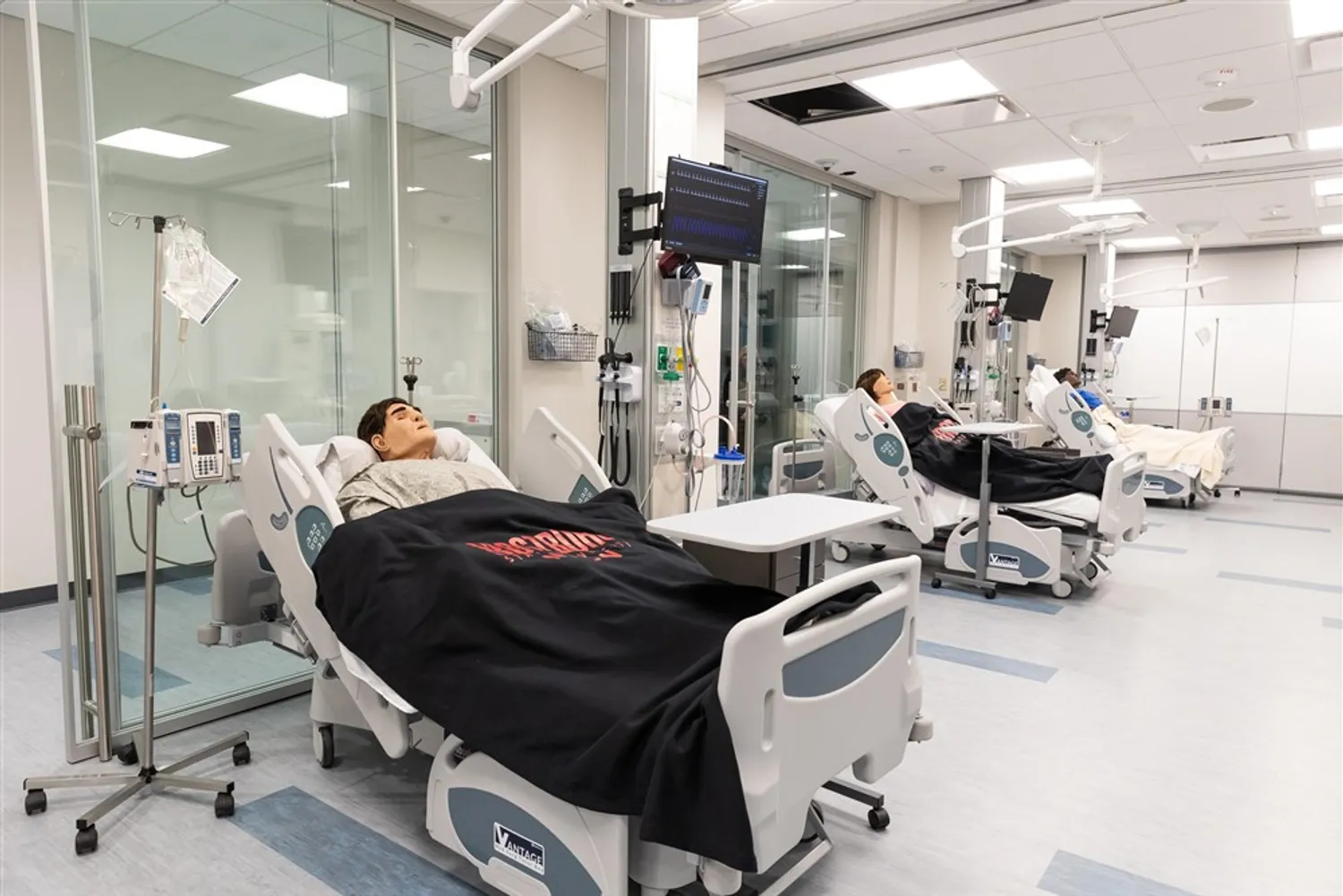
UPMC, understanding the value of collaboration, has developed additional regional partnerships to encourage nursing sector growth. Chrissy Lechliter, BSN, MBA, NE-BC, Director of Nursing at UPMC Western Maryland, says, "UPMC collaborates extensively with educational and community institutions. We've partnered with Potomac State College and Mineral County Technical School to support nursing education. Additionally, we've engaged with middle school students at county health fairs and worked with AHEC to encourage interest in healthcare careers at the high school level. Through the WMHS Auxiliary and Foundation, scholarships are provided to students pursuing healthcare fields. We also offer opportunities for students to gain practical experience by shadowing and interning in various clinical domains. Our community initiatives include stroke awareness events, breastfeeding education sessions, and specialized clinic support. This broad spectrum of partnerships underscores our commitment to healthcare education and community well-being."
Allegany County's healthcare talent pipeline appears promising. With increased outreach programs, growing demand, local educational pathways, and expanded partnerships, Allegany County is adapting to meet evolving needs in its nursing sector. As the county progresses, these developments contribute to an evolving healthcare infrastructure.
For more economic development and workforce news, click here.
